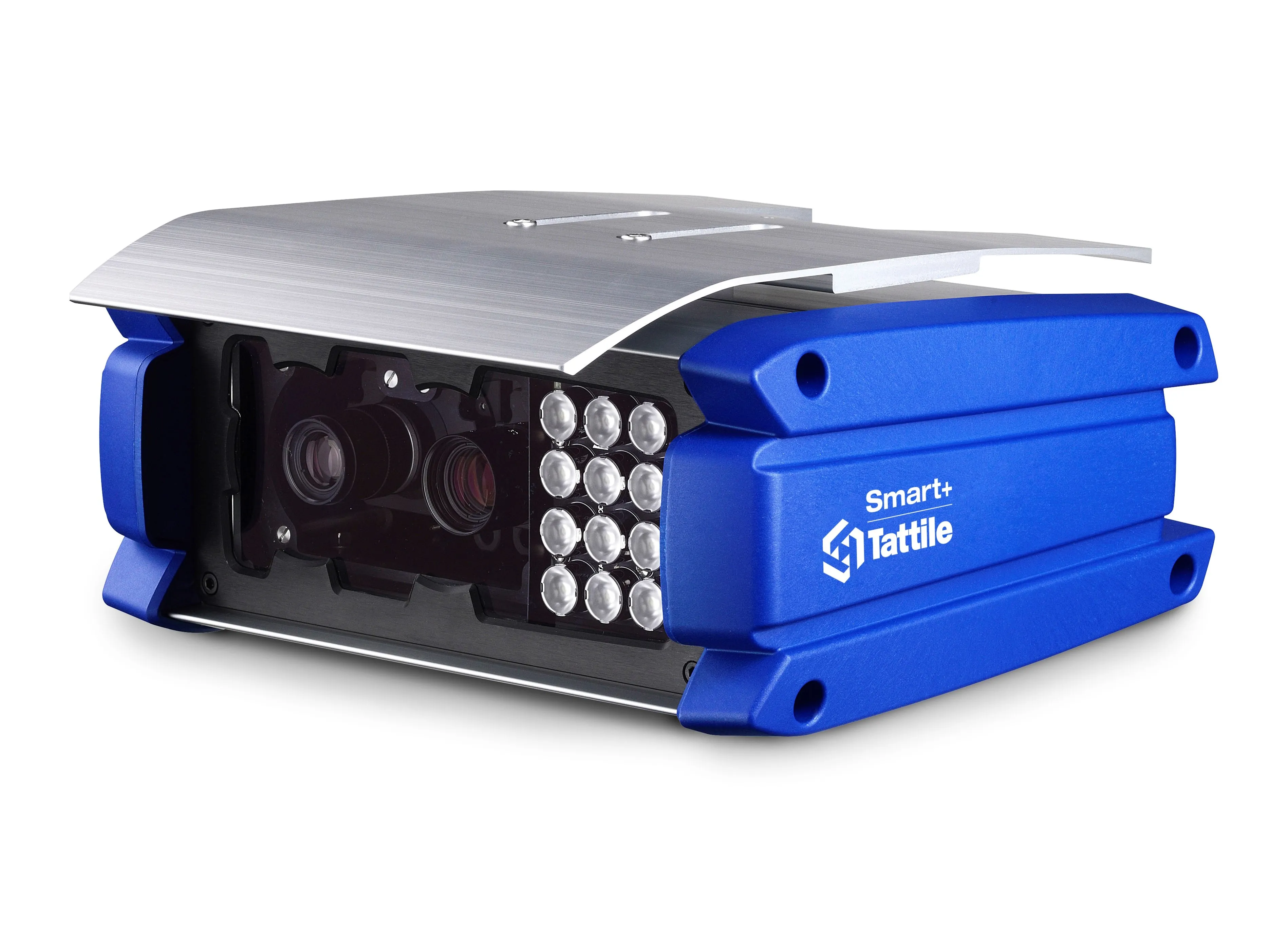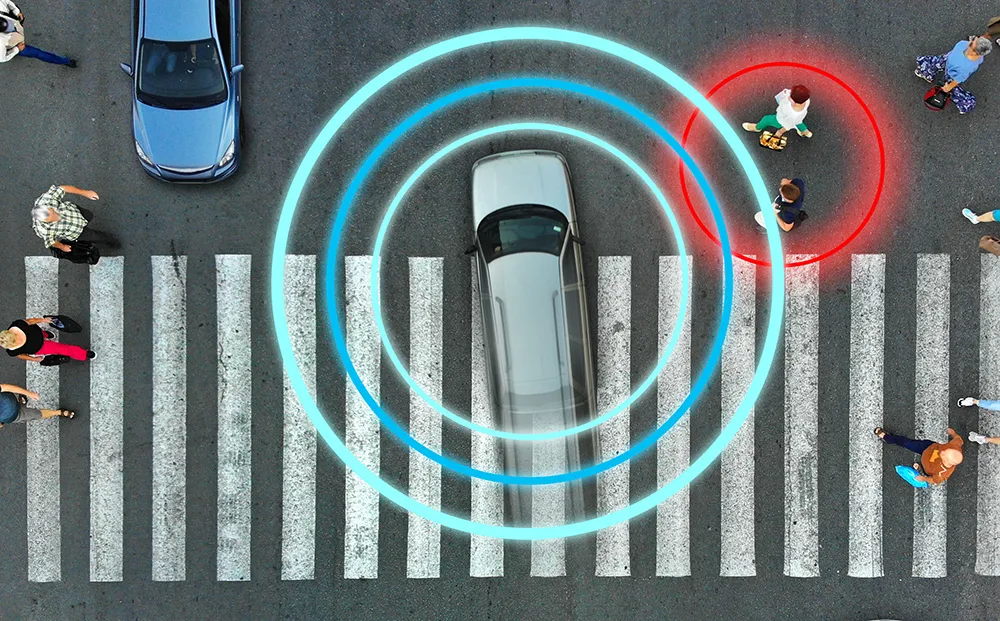Motorola and PIPS Technology, a Federal Signal company, have announced an Automatic License Plate Recognition (ALPR) solution, featuring new low-profile digital Slate cameras and an ALPR expansion board that fits Motorola MW810 mobile workstations, which saves space and eliminates additional hardware costs.
July 25, 2012
Read time: 1 min

RSS96 Motorola and 37 PIPS Technology, a 38 Federal Signal company, have announced an Automatic License Plate Recognition (ALPR) solution, featuring new low-profile digital Slate cameras and an ALPR expansion board that fits Motorola MW810 mobile workstations, which saves space and eliminates additional hardware costs.
In addition to the Slate cameras and ALPR expansion board, the enhanced, complete Motorola solution includes PAGIS in-vehicle software that interoperates with the cameras to capture and read license plates, and BOSS back-end software that aggregates information from multiple ALPR systems to enhance intelligence capabilities.
The new compact Slate camera is less noticeable and does not interfere with a law enforcement vehicle's light bar. The ALPR expansion board is installed into a new or existing MW810, eliminating the hardware costs and space constraints associated with the need for a separate ALPR processing unit in a vehicle. The board also supports pre-processing, which optimises system performance.
In addition to the Slate cameras and ALPR expansion board, the enhanced, complete Motorola solution includes PAGIS in-vehicle software that interoperates with the cameras to capture and read license plates, and BOSS back-end software that aggregates information from multiple ALPR systems to enhance intelligence capabilities.
The new compact Slate camera is less noticeable and does not interfere with a law enforcement vehicle's light bar. The ALPR expansion board is installed into a new or existing MW810, eliminating the hardware costs and space constraints associated with the need for a separate ALPR processing unit in a vehicle. The board also supports pre-processing, which optimises system performance.










